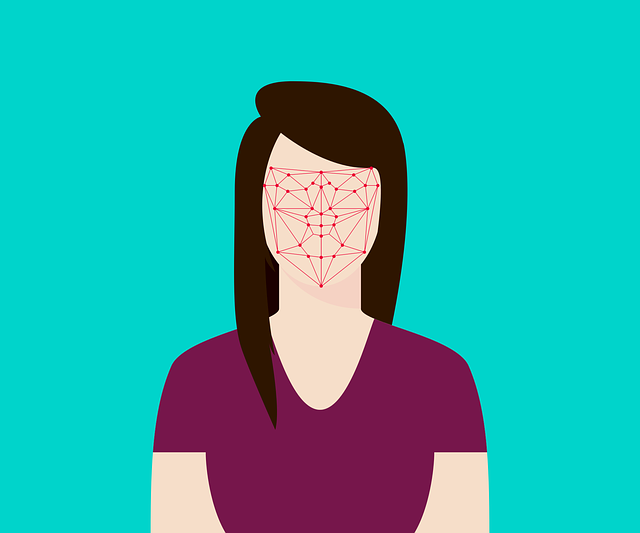
Every time a new technology is developed and made available, there are questions about it’s efficacy. Concerns about it’s safety. Fears about its misuse. In many cases, those concerns have proved to have some grounds in reality, although that’s rarely enough to cause major alarm. Just look at the recent realization that Alexa records a huge number of private convos in our homes, and yet we continue to use the tech because it’s convenient.
And then there are smart home devices, which allow us to lock our doors remotely and reset our thermostats from work, but also allow hackers into our homes, where they can root out sensitive data by listening to us through our baby monitors and fridges! So when State Representative Isaac Robinson introduced a House bill recently that would put a five year enforced waiting period on facial recognition technology in Michigan, it was hard to blame him for being cautious.
Robinson says we need to know more before we embrace this new technology.
In an interview with the MetroTimes, Robinson said that “There needs to be a discussion on where the limits are and how the technology is used. We need to discuss civil liberties and make sure local governments aren’t overreaching.” But what about the organizations and institutes that are already using facial recognition technology in Michigan? Is this particular tech already employed here in Michigan, and who’s using it?
The surprising answer to that question is yes – there are several places here in the Great Lakes state that already employ this particular biometric software to map an individual’s facial features and store the data as a faceprint. For example, the Detroit Police Department has been using a highly sophisticated facial recognition system for several years now (and doing it completely without the approval of the city’s Board of Police Commissioners!) But why would it matter? Has facial recognition software already given us cause for concern, or is this just a case of crying wolf?
Studies have proven that facial recognition software is subject to racial bias!
Multiple studies claim that facial recognition software makes more errors when identifying the faces of darker complected people. Some research claims that this has lead to a bias against blacks and other people of color in communities all over the country. “Having one of the largest black populations in the country, Detroit is no exception. It is completely unconscionable to ask our families to sacrifice our freedoms for a policy that has the potential to put so many residents at risk.” Robinson told MetroTimes.
Places like Oakland, California have already banned the technology, and several other states are already considering bills similar to the one Robinson proposed, making the tech entirely illegal until the bugs can be worked out, and the tech is further developed to be more accurate. But how will this potential law affect things like iPhones, which freely make use of the software in their user access software, and apps like Facebook, which uses the technology to recognize users in photographs? Only time will tell.
Have you been unfairly profiled or incorrectly identified by police?
As for incorrectly identifying suspects, that’s been happening as long as there are unreliable eye-witnesses and blurry evidence photographs. So this certainly isn’t news. But for the people who are being incorrectly identified or wrongfully accused, it’s a very big deal!
If you or a loved one are being falsely accused of a crime, or the police have you mixed up with someone else and you’re innocent of the crime they’re accusing you of, you’re going to need help. Serious help from aggressive criminal defense attorneys who’ve got more than a quarter century of experience fighting for people’s rights, and a long track record of success. So if that sounds like what you need, call The Kronzek Firm at 866 766 5245 (1 866 7NoJail) and let us help you. We’re available 24/7, including weekends and holidays as soon as you are ready to hire an attorney.